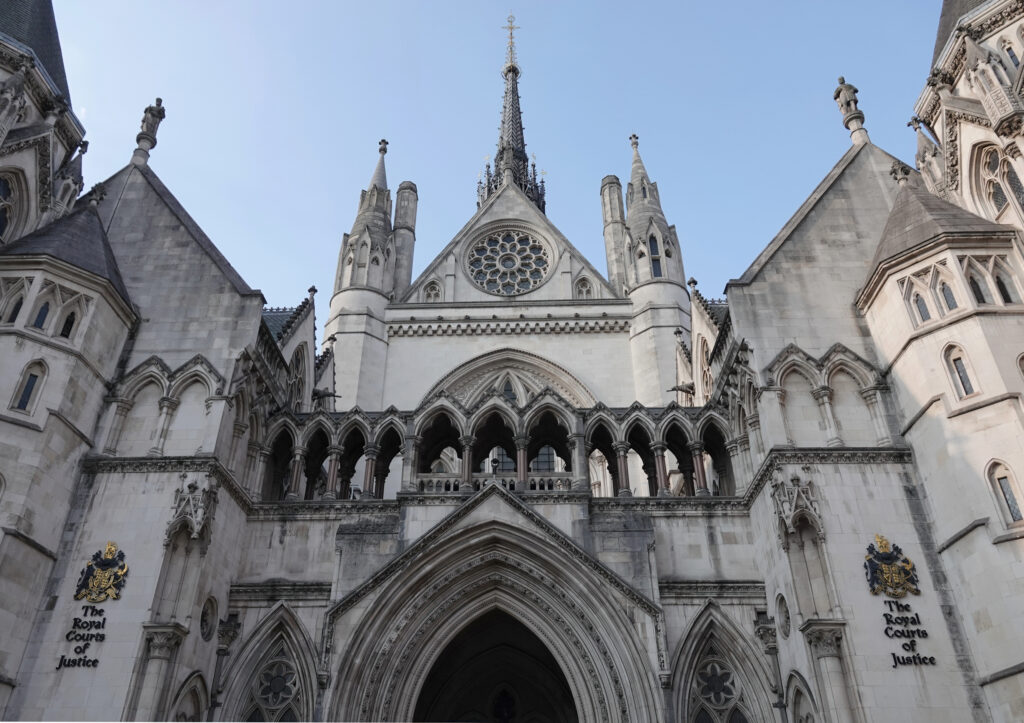The short answer appears resolutely nothing has changed, but the restatement of the position is really important and helpful.
Not that I expect a title like this immediately garners much excitement. However, perhaps if I were to mention the case of Boardman v Phipps [1967] 2 AC 46 that would excite the reader?
No, ok let me approach this differently; this case involves a cornerstone in trust law, particularly concerning fiduciary duties and conflicts of interest. At it’s most basic the principle is that fiduciaries must not profit from their position or from opportunities and information obtained through their fiduciary role, unless they have the fully informed consent of their principals. This is the case even if the fiduciaries acted in good faith and the trust benefited from their actions, the strict duty to avoid conflicts of interest and unauthorised profits still applies.
Rukhadze and others (Appellants) v Recovery Partners GP Ltd and another (Respondents) [2025] UKSC 10 is the recent Supreme Court appeal decision that essentially takes in a consideration of fiduciary duties and the equitable principles governing them and how this impacts the allocation of profit by those with fiduciary duties.
By way of examples of how far reaching the effects extend fiduciaries take in:
- Trustees,
- Executors,
- Corporate Directors
This case revolved around this “profit rule,” as stated a cornerstone of fiduciary law, which mandates that fiduciaries must account for any profits derived from their position unless the principal has given fully informed consent.
Background of the Case
The appellants, who held fiduciary positions as directors, were accused of diverting a business opportunity away from the respondents and exploiting it for personal gain. The High Court ruled that the appellants must account for the profits made from this opportunity, a decision upheld by the Court of Appeal. The appellants then brought the case to the Supreme Court, challenging the necessity of repaying these profits and proposing a new test for determining liability.
A panel of seven the Supreme Court justices unanimously dismissed the appeal, reaffirming the traditional “profit rule.” The appellants had argued for a “but for” test, which would assess whether the same profit could have been made without breaching fiduciary duties. However, the Court declined to adopt this approach, emphasising that the existing rule reflects the principle that profits made by fiduciaries belong to their principals from the moment they are earned.
The appeal did not cover (no permission granted to consider) a consideration of how the approach was taken at first instance in respect of applying an equitable allowance. But it is expected careful reflection by practitioners on the Court of Appeal’s comments will follow when considering clients cases with these issues arising.
An equitable allowance is a discretionary way in which some benefit might be allowed and the Court of Appeal had previously commented on the limited circumstances under which such allowances might be granted. They stressed that equitable allowances should not undermine the fundamental duty of loyalty owed by fiduciaries to their principals. Here an allowance was however made of 25% at first instance. The take away though seems to be a restatement that an allowance will be more of an exception.
This case serves as a reminder of the high ethical standards expected of fiduciaries and the robust legal framework designed to uphold them. In an environment, particularly familial ones, where trusts are regularly employed, and sometimes ad hoc, keeping sight of this rule is now reaffirmed as central to advising clients and considering the behaviours that have taken place.
All too often it can been seen that those owing fiduciary duties simply may not take account of the consequences or seek sadly to misdirect trust funds away from beneficiaries in breach.
If you are a beneficiary or a trustee/executor/director Herrington Carmichael LLP can provide bespoke advice, please contact us.








